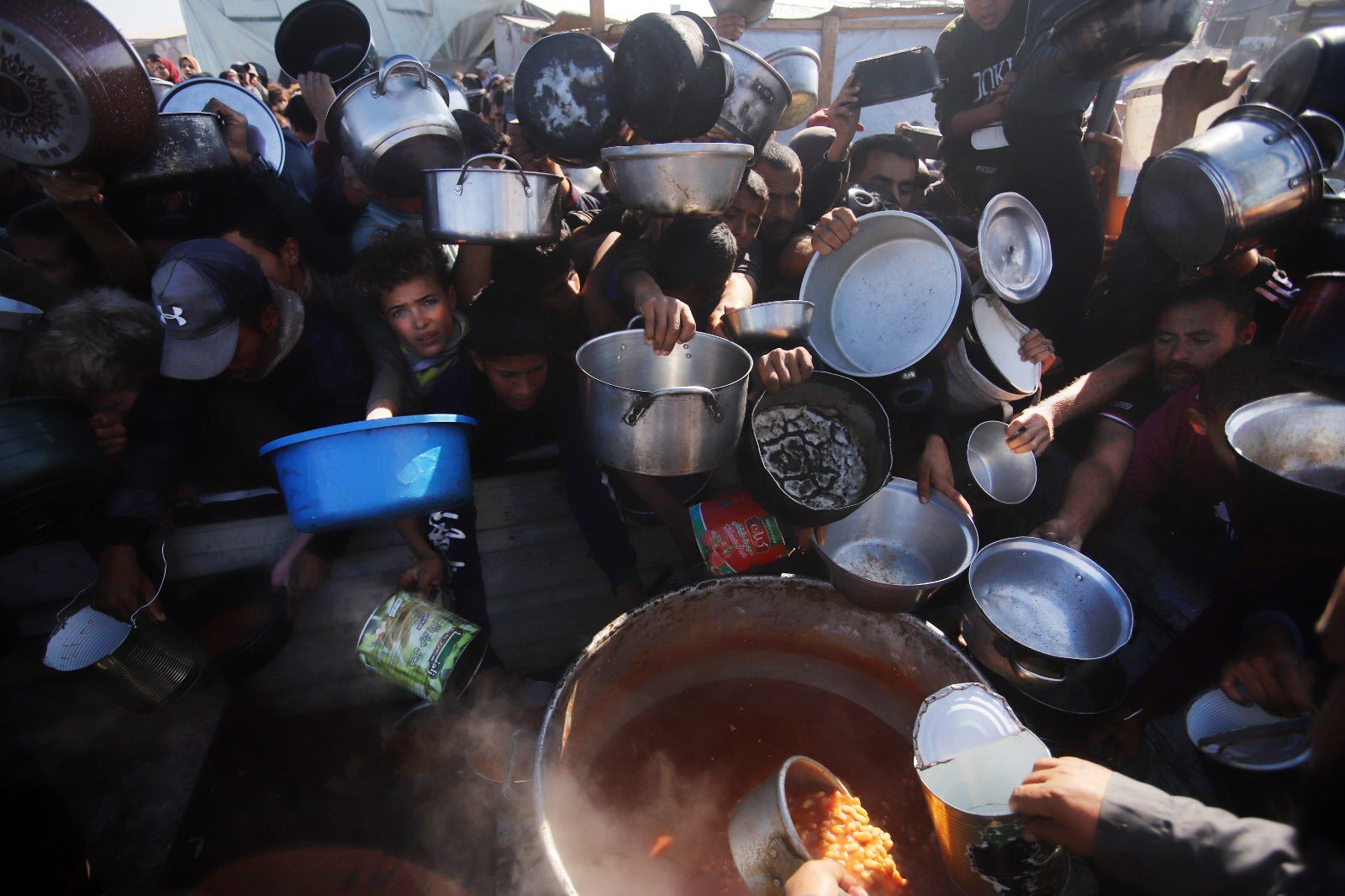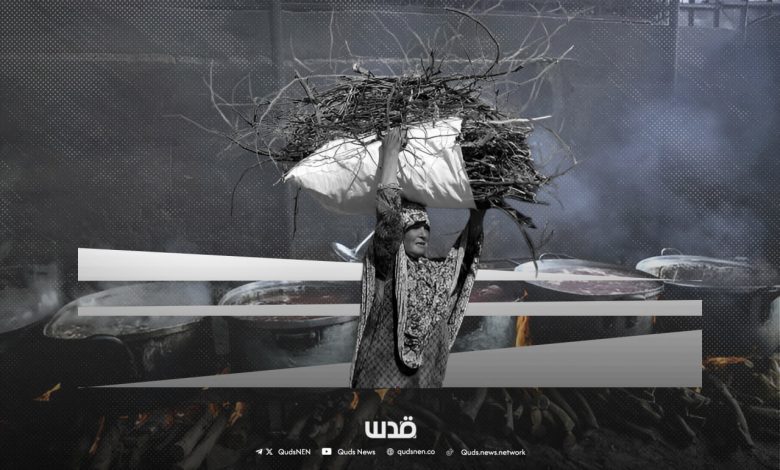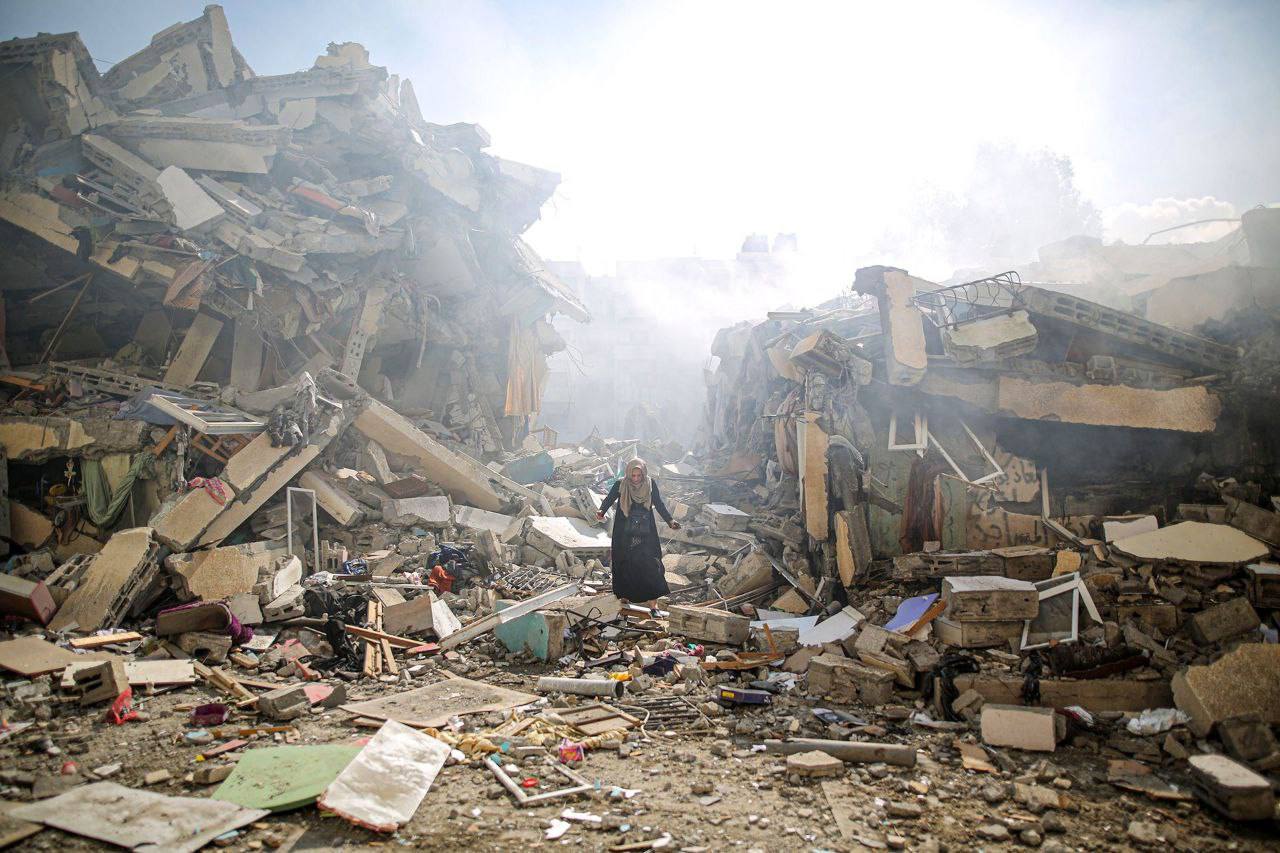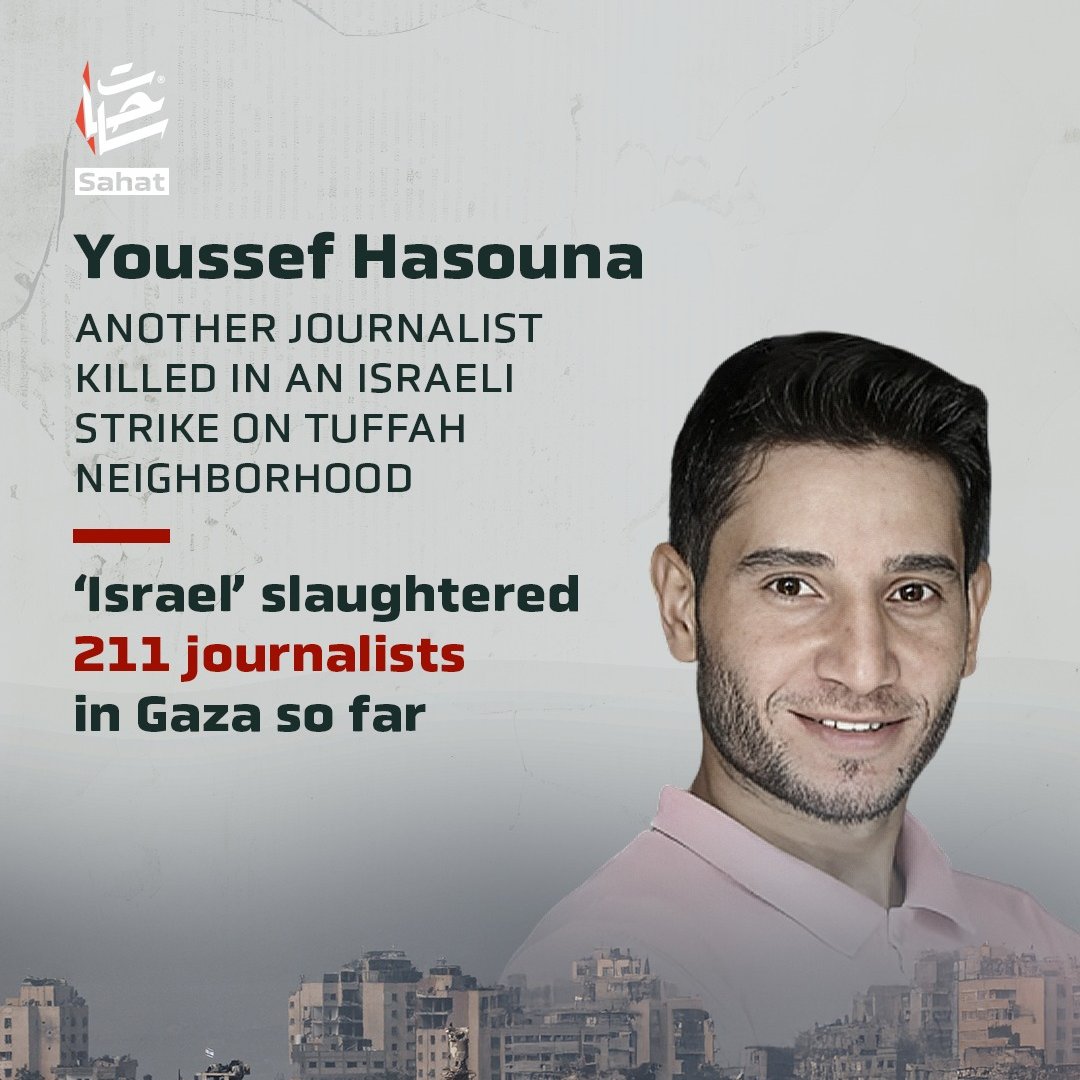
Nearly 70,000 Palestinians have been trapped for two months without access to food or medicine, as Israeli occupation forces continue to pursue them throughout the northern Gaza Strip. This ongoing situation has resulted in numerous deaths and forced displacements in what many consider one of the most horrific campaigns of genocide in modern history.
Euro-Med Human Rights Monitor has received alarming reports about the dire situation facing the nearly 70,000 Palestinians who are trapped in the northern Strip. This follows the displacement of more than 150,000 people by the Israeli army since the onset of its most recent military operation in the north on 5 October 2024. Euro-Med Monitor notes that those who remain besieged are experiencing severe famine, as they have run out of all types of food and lack access to clean water. Many have gone days without eating or drinking anything. Meanwhile, Israeli bombings and other military operations continue, targeting shelters as well as what remains of previously destroyed homes.
No one can rescue those stuck under the rubble due to the Israeli bombings, as Israel has been blocking civil defense teams from operating
Deliberate bombing
The Israeli army has deliberately bombed homes where civilians sought refuge. The most recent incident occurred on Sunday, when the occupation army targeted the Labad family home in Beit Lahia, resulting in the killings of 25 family members. Just two days earlier, Israeli forces also bombed three residential buildings in Jabalia and Beit Lahia, which belonged to the Baba, Al-Araj, and Ahmad families. This attack killed more than 120 residents, leaving an unknown number of victims still trapped under the rubble.
No one can rescue those stuck under the rubble due to the Israeli bombings, as Israel has been blocking civil defense teams in the northern section of the Strip from operating for 41 days now. Consequently, the injured are slowly dying without medical assistance, as they cannot be transported to hospitals, which are unable to function properly under such dire conditions and are frequently subjected to bombings. Furthermore, those who manage to survive their injuries and reach partially operational hospitals face the risk of being targeted by Israeli drones. Even if they do make it to a hospital, they may still die due to a lack of adequate treatment and insufficient medical personnel.
Numerous incidents have occurred in which Israel has used drones, including quadcopters, to target Palestinian civilians who were compelled to leave their homes or shelters in search of food or water.
The Israeli occupation army is committing severe crimes against civilians. Its attempts to completely eliminate the residents of the Jabalia refugee camp have included destroying homes using robots and booby-trapped barrels, in addition to dropping powerful American bombs. Despite Israeli forces’ awareness of the presence of residents in many of the homes and residential blocks, these sites are still being targeted.
The Israeli army has turned Jabalia Camp, the city of Jabalia, Beit Hanoun, and Beit Lahia into piles of rubble, devastation, and total destruction, by wrecking, demolishing, and burning homes and shelters, and targeting all aspects of Palestinian life. As a result, even if the Israeli army withdraws from these areas, it will be nearly impossible for Palestinian civilians to return and live there safely.
The world witnesses these horrific crimes, yet no serious action has been taken to stop what is now considered to be one of the largest genocidal campaigns and humanitarian tragedies in modern times.
This international disregard for the victims constitutes an indelible stain on the forehead of the international community, which continues to exclude Palestinians from the protection of international law and its executive mechanisms. These mechanisms have failed to be applied effectively, due to political biases and international pressure. This situation reflects a global hypocrisy regarding the principles that the international legal system is built upon, demonstrating shameful double standards and a blatant violation of justice and humanity.
The international community’s hesitation to take decisive action in response to Israel’s violations in the Gaza Strip, particularly in the Strip’s northern regions, makes it complicit in these crimes. This inaction serves as a tacit approval for Israel’s actions, allowing it to continue escalating its campaign of genocide, and demonstrates a shocking disregard for the lives and dignity of Palestinians.
It is imperative that the United Nations and the international community intervene immediately to protect 10s of thousands of residents of northern Gaza who are in imminent danger, plus stop the ongoing genocide being perpetrated by Israel across the entire Gaza Strip for the second consecutive year. Actions should include imposing sanctions on Israel, implementing a comprehensive arms embargo, holding the country accountable for its actions, and taking all necessary measures to safeguard Palestinian civilians. Additionally, the enforcement of the arrest warrants issued by the International Criminal Court against the Israeli Prime Minister and Minister of Defense must be prompt, ensuring their surrender to international justice.











